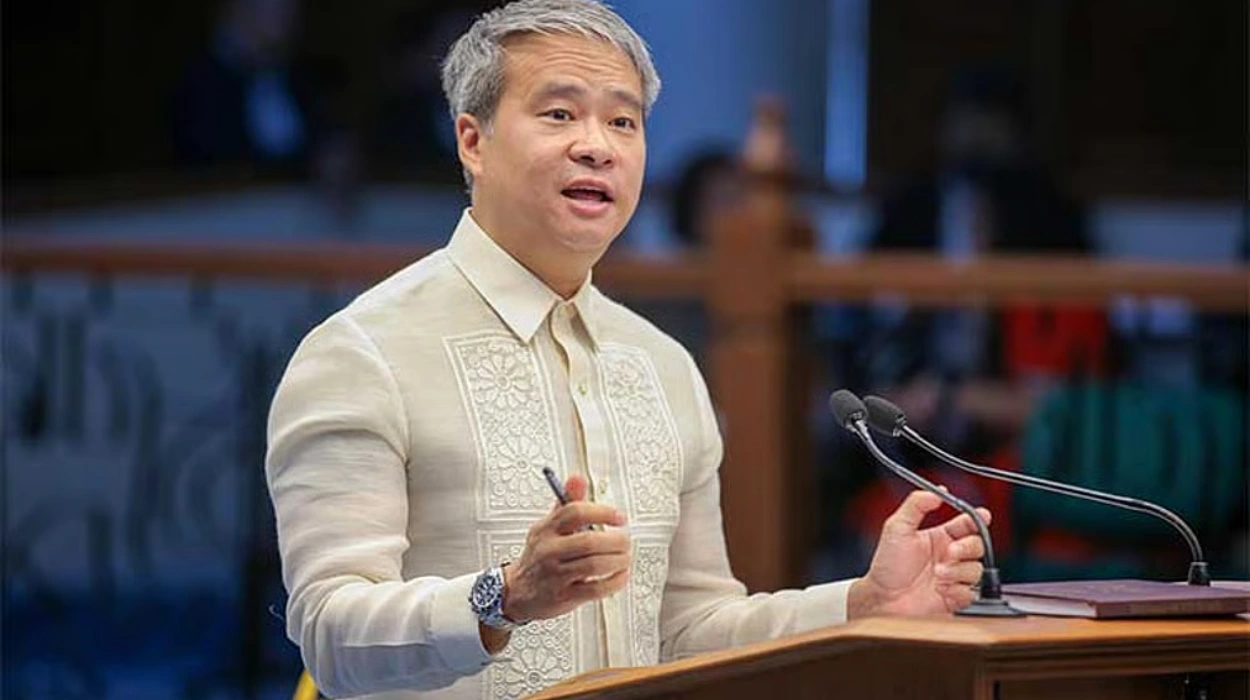Jesús Villanueva, a prominent Venezuelan oil executive, is a revealing case study in the complex web of offshore finance, wealth concealment, and global power dynamics. As a former top-ranking official at Petróleos de Venezuela S.A. (PDVSA), his association with offshore companies, as uncovered through the ICIJ Offshore Leaks database, exemplifies how elite figures utilize secretive financial structures to maneuver assets beyond the reach of transparency and accountability.
The Mechanics of Offshore Finance and Tax Havens
Offshore finance involves registering companies, trusts, or foundations within jurisdictions commonly known as tax havens where secrecy laws and favorable tax policies enable the concealment of ownership and assets. Such jurisdictions often have minimal transparency obligations, making them attractive for the wealthy and powerful seeking to obscure their wealth, avoid taxes, or launder money. Legal frameworks and bank secrecy laws combine to create a financial architecture that shields real ownership from public scrutiny, complicating efforts by regulators and watchdog organizations to track illicit financial flows.
Jesús Villanueva’s Rapid Rise in Venezuela’s Oil Industry
Jesús Villanueva’s career trajectory in Venezuela’s state-owned oil giant, PDVSA, surged after Hugo Chávez’s election in 1998. By 2010, he held positions of significant influence, including Auditor General of PDVSA and member of its board, overseeing audits and financial disclosures that would later be scrutinized in leaks and investigations concerning offshore assets. His involvement in Venezuela’s oil sector epitomizes how the country’s leadership has often been intertwined with opaque wealth accumulation, especially during periods of political upheaval.
Link to Offshore Wealth and Hidden Assets
The ICIJ documents reveal that Jesús Villanueva was associated with several offshore entities, primarily registered in Panama and other jurisdictions notorious for financial secrecy. Leaked emails from Mossack Fonseca, a Panamanian law firm, show that Villanueva’s family was involved in establishing companies such as Blue Sea Enterprises and others based in Panama and Luxembourg. These entities were used in complex schemes to manage, move, and potentially hide assets most notably in high-value real estate transactions in London.
For instance, real estate purchases in London, including properties worth millions of dollars, were conducted through offshore companies linked to Villanueva’s familyassets that could have been shielded from public scrutiny, tax authorities, or legal claims. These structures served dual purposes: estate management and wealth concealment common tactics among oligarchs and officials in resource-rich nations.
International Transparency Challenges
The case of Jesús Villanueva exemplifies broader global issues around financial secrecy, with estimates suggesting that trillions of dollars are hidden offshore worldwide. According to watchdog reports from organizations like Global Witness and the IMF, offshore centers facilitate tax evasion, erosion of tax bases in developing economies, and illicit financial flows. In particular, the use of anonymous offshore companies in jurisdictions such as Panama, the British Virgin Islands, and Luxembourg allows elites to retain control over assets while remaining shielded from public accountability.
Cultural and Political Context
In Venezuela, economic sanctions, political unrest, and resource dependency have compounded the opacity surrounding wealth. Officials like Villanueva often operate in an environment where lack of transparency is endemic, enabling the layering of assets through jurisdictions that obscure the true origin and ownership of wealth. This opacity ultimately hampers efforts to combat corruption and reduces the state’s capacity to recover assets linked to illicit activities.
Power, Wealth, and the Global Secrecy Ecosystem
The case of Jesús Villanueva underscores how offshore finance perpetuates systemic inequalities by enabling the wealthy and politically connected to shield assets from legal or tax obligations. While offshore structures are legal under current laws, they often serve as tools for tax avoidance and, in some cases, illicit illicit activities. This enables a small elite especially in resource-dependent states like Venezuela to amass and maintain wealth with minimal oversight.
More broadly, Villanueva’s example highlights the failure of international regulation to curb the use of secrecy jurisdictions effectively. Despite initiatives such as the OECD’s Common Reporting Standard (CRS) and the efforts of global watchdogs, offshore secrecy remains deeply embedded in the architecture of global finance. The opacity allows individuals in positions of power, such as government officials, to potentially engage in conflicts of interest, corruption, or money laundering, all while maintaining plausible deniability.
The Bigger Implication: Financial Secrecy as a Barrier to Justice
By examining Jesús Villanueva’s offshore links, it becomes clear that financial secrecy hampers efforts for justice and accountability in resource-rich yet corrupt or unstable states. It exemplifies a systemic issue where elites leverage offshore structures to perpetuate inequality, avoid taxation, and conceal illicit gains. These practices undermine democratic governance and foster a culture of impunity that extends beyond national borders.


